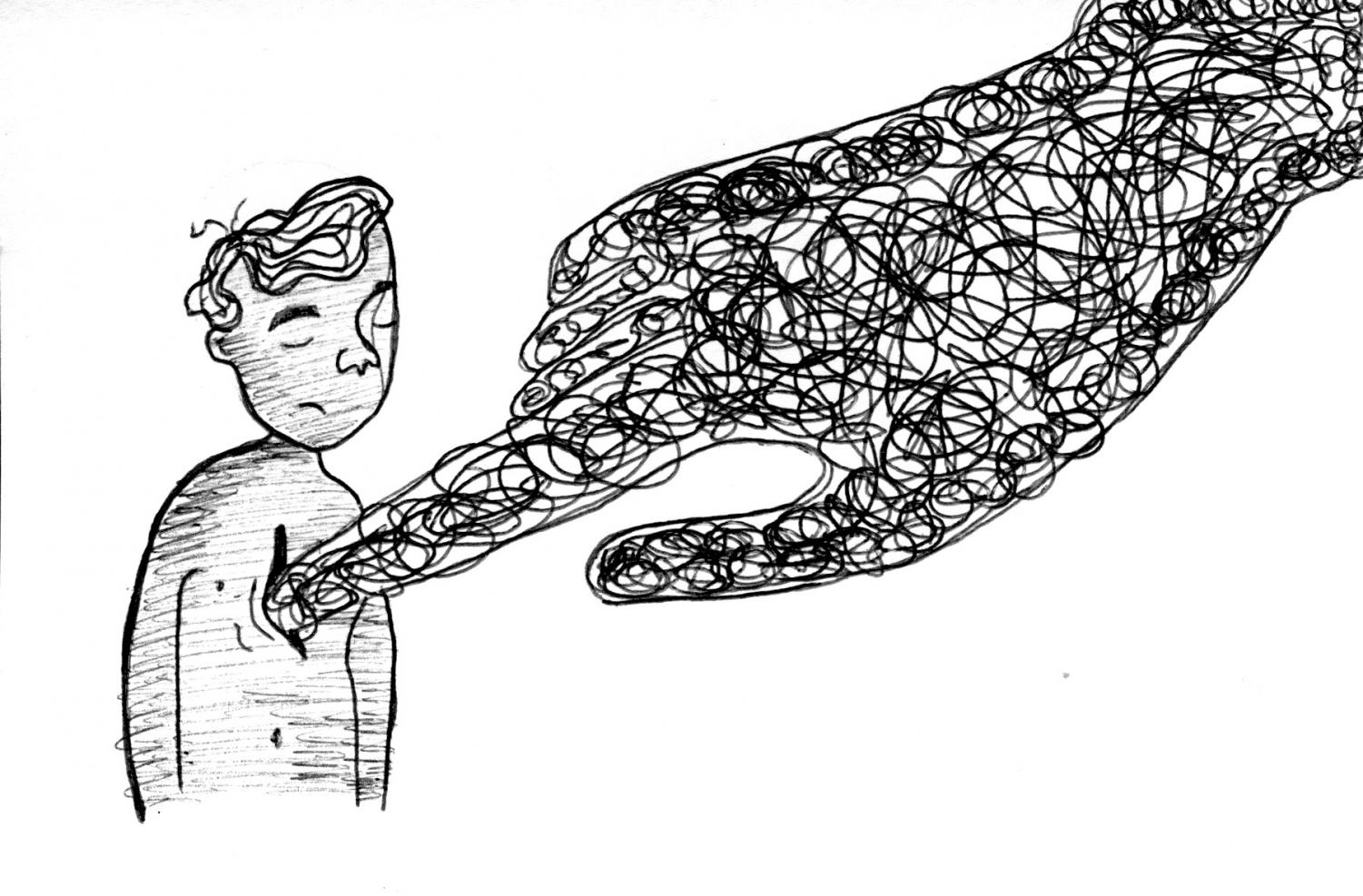Critiquing Modern Masculinity
November 9, 2018
In modern-day American society, unspoken and antiquated definitions of masculinity and a profound unwillingness to discuss male insecurities adversely affect men of all ages. We still have this idea that male vulnerabilities are entirely unacceptable and must be repressed. This absolutely must change. Masculinity should never be seen as being fundamentally incompatible with male expressions of emotion and discussions of insecurities.
I believe that the ideal of a “silent and strong” man is regrettably still alive and well in our society. The range of emotions permissible for men to outwardly express is extremely limited; anger is somehow acceptable, whereas the expression of grief through crying remains inextricably connected to weakness and a presumed lack of manliness. We expect men to silently shoulder a considerable amount of physical and emotional pain entirely without complaint; they are too often told to “suck it up” and “be strong” instead of thoughtfully listened to and supported.

Men on college campuses are typically assumed to be wholly physical creatures constantly on the prowl for hook-ups devoid of emotional meaning. A major – and ethically questionable – part of the male college experience seems to be hooking up with a large array of women and bragging to male friends about his “conquests.” But according to a recent Middlebury thesis study on hook-up culture, the majority of men would much prefer to be in committed relationships; for them, hooking up is more an act of performative masculinity than anything else. Hooking up could also be seen as an emotional protection mechanism for men terrified of the prospect of rejection after opening up to a romantic partner and making themselves emotionally vulnerable. Hook-ups in this context may seem to be the easy way out.
Profound anxieties about body image are also not limited to women. The differing motivations for men to exercise exemplify this idea. While many men may use exercise as a healthy and fulfilling form of self-care, others may choose to exercise out of a sense of self-loathing, to alleviate personal feelings of physical inadequacy, or as a means to rectify perceived internal flaws. In many cases, the external display of bulging muscles may be a façade, a complete overcompensation for internalized insecurities. Popular media also consistently provides a problematic link between physical strength and positive character attributes. The Jerry Gergiches and Kevin Malones of the world are overweight and comically inept, while characters like Captain America and Thor are handsome, hunky and courageous.
All of this is not to discount the essential fact that men, especially the cisgender, white and heterosexual men found in abundant supply at Whitman College, are born into a system that favors them in both obvious and subtle ways. Simply because of their gender, men are extraordinarily fortunate and possess tremendous power. But beneath the exalted societal position occupied by men lies a minefield of doubts and crippling insecurities buried deep down, never to be expressed. As the vital #MeToo movement necessarily progresses and as we move slowly towards gender equality, it is crucial that we also change our antiquated and restrictive definition of masculinity and move male insecurities out of the shadows.





